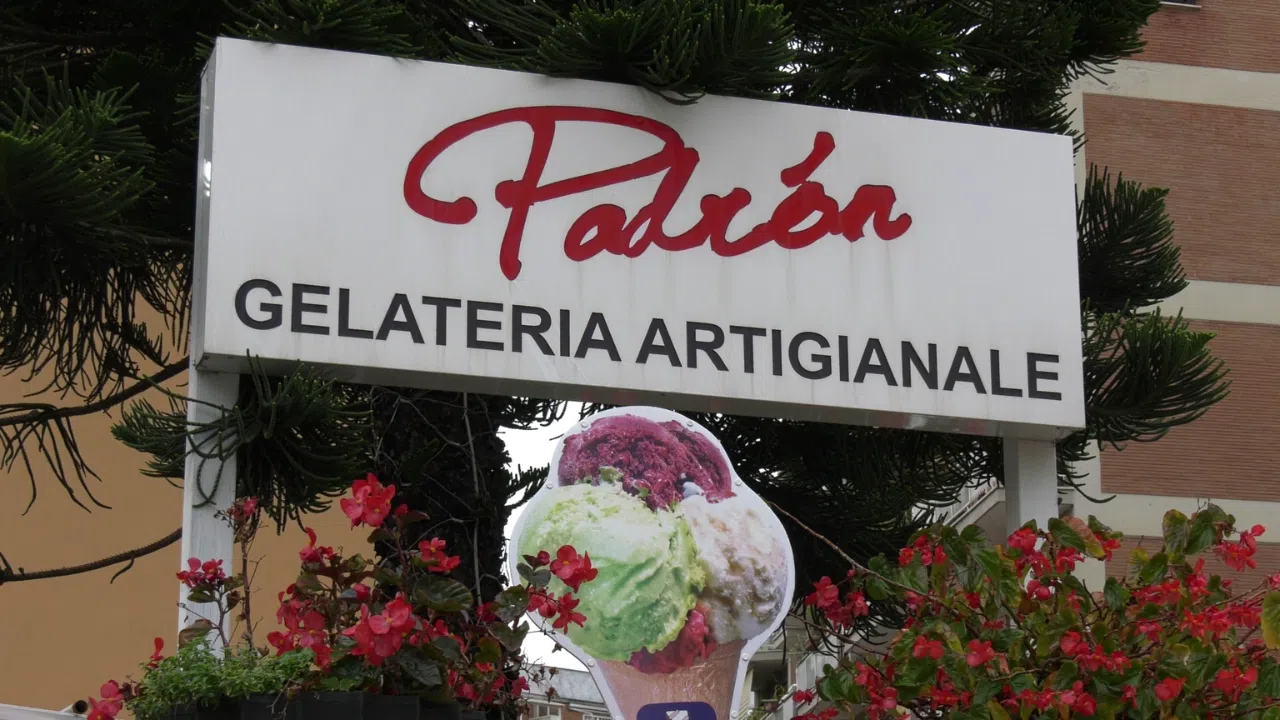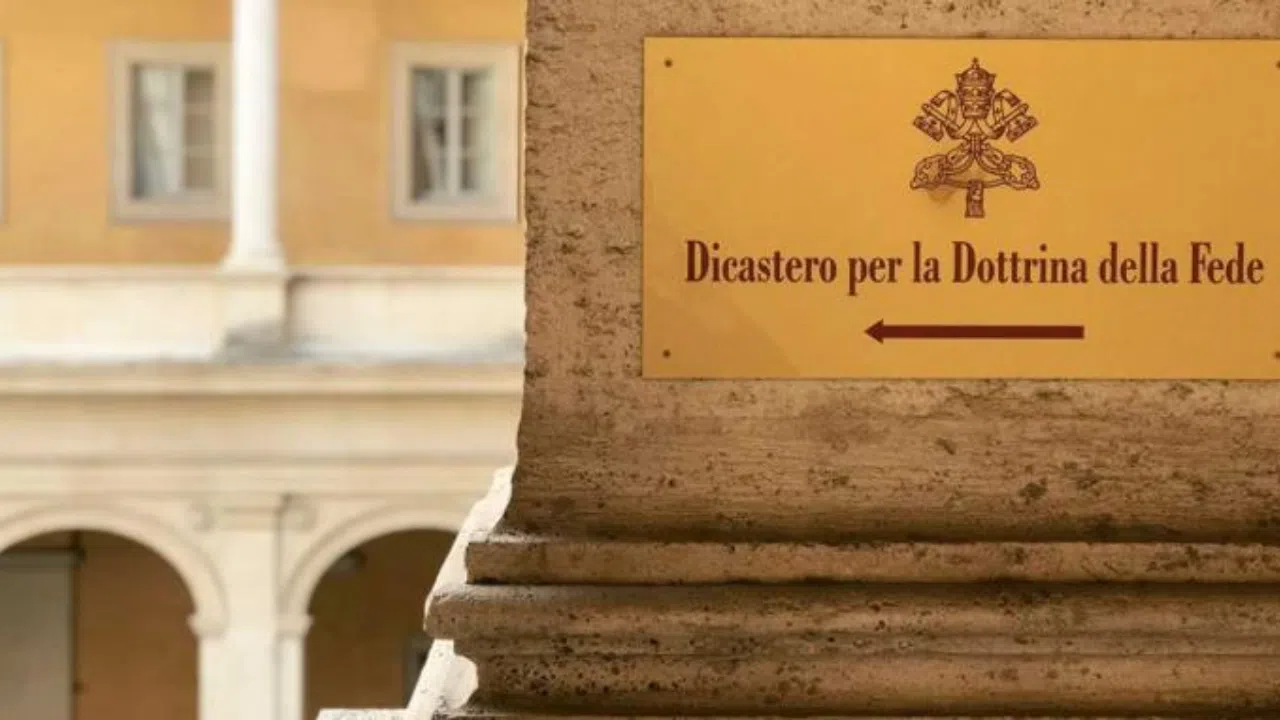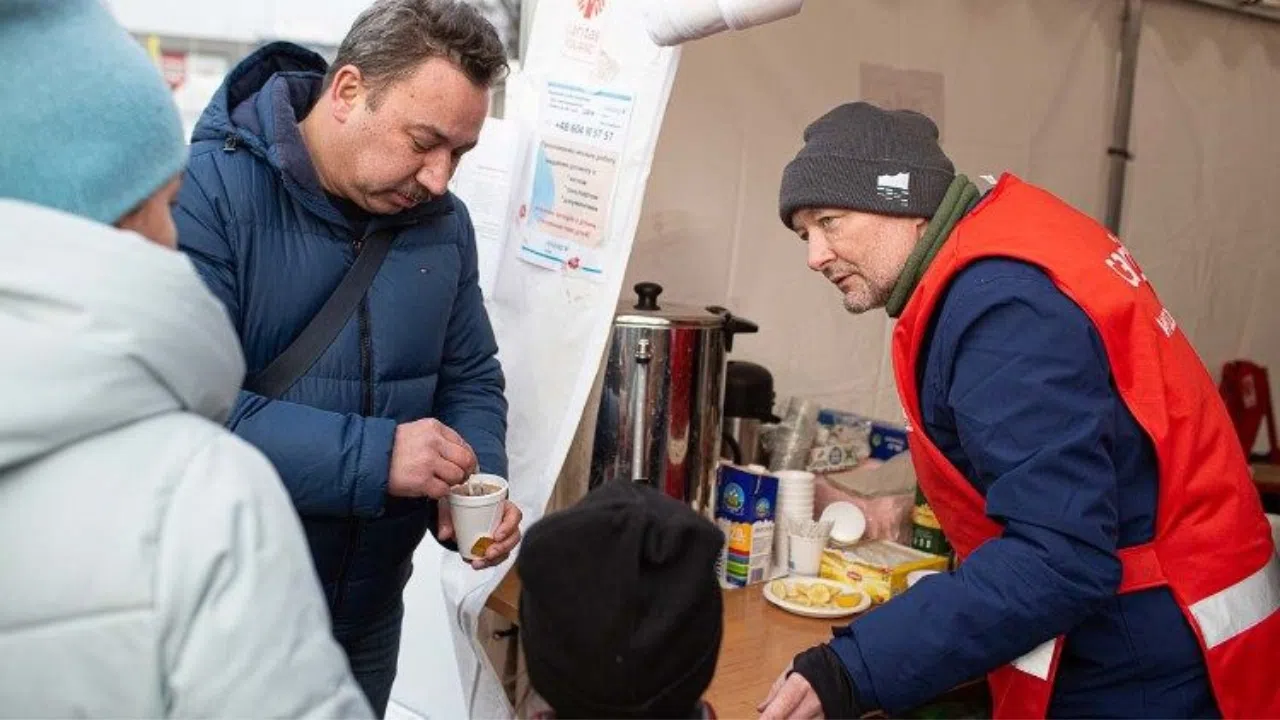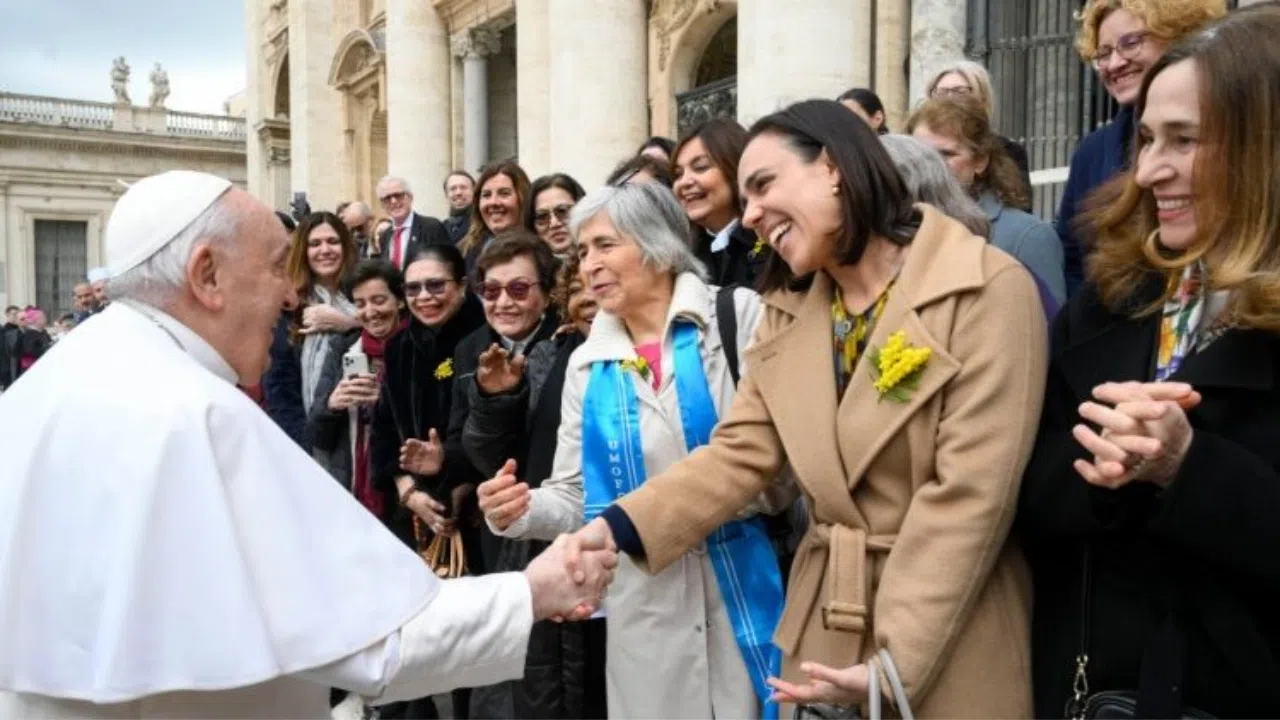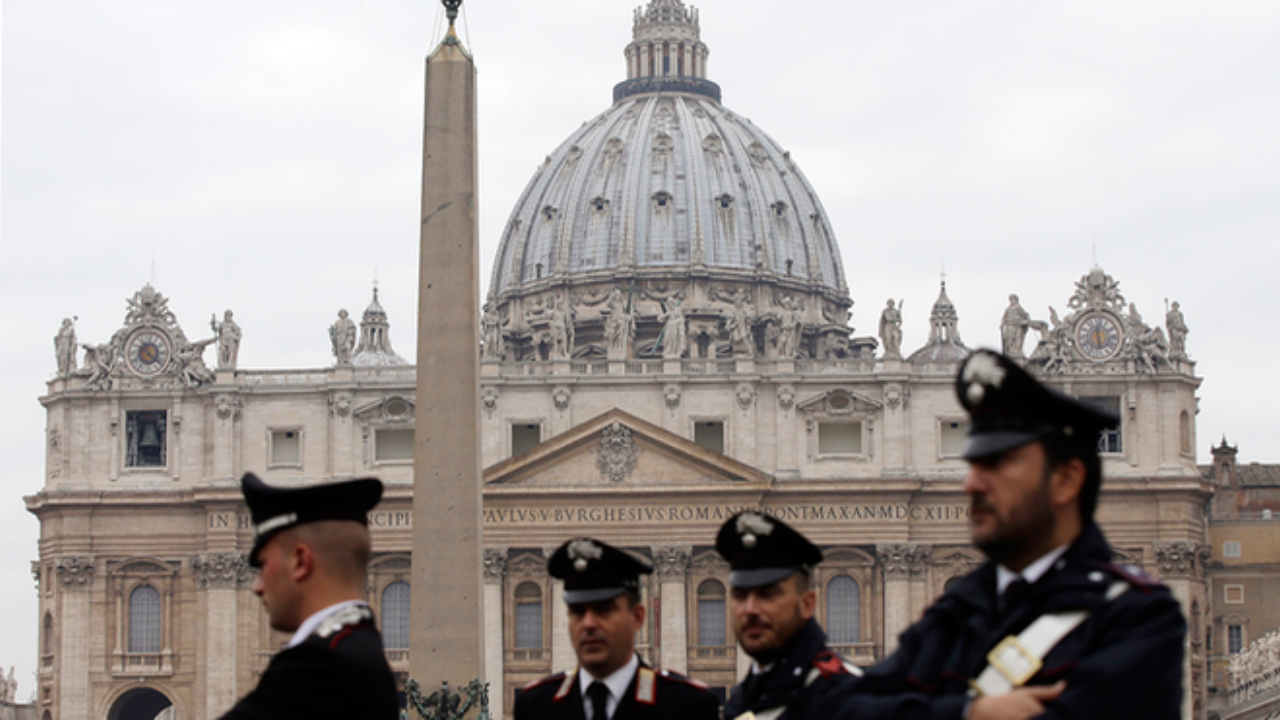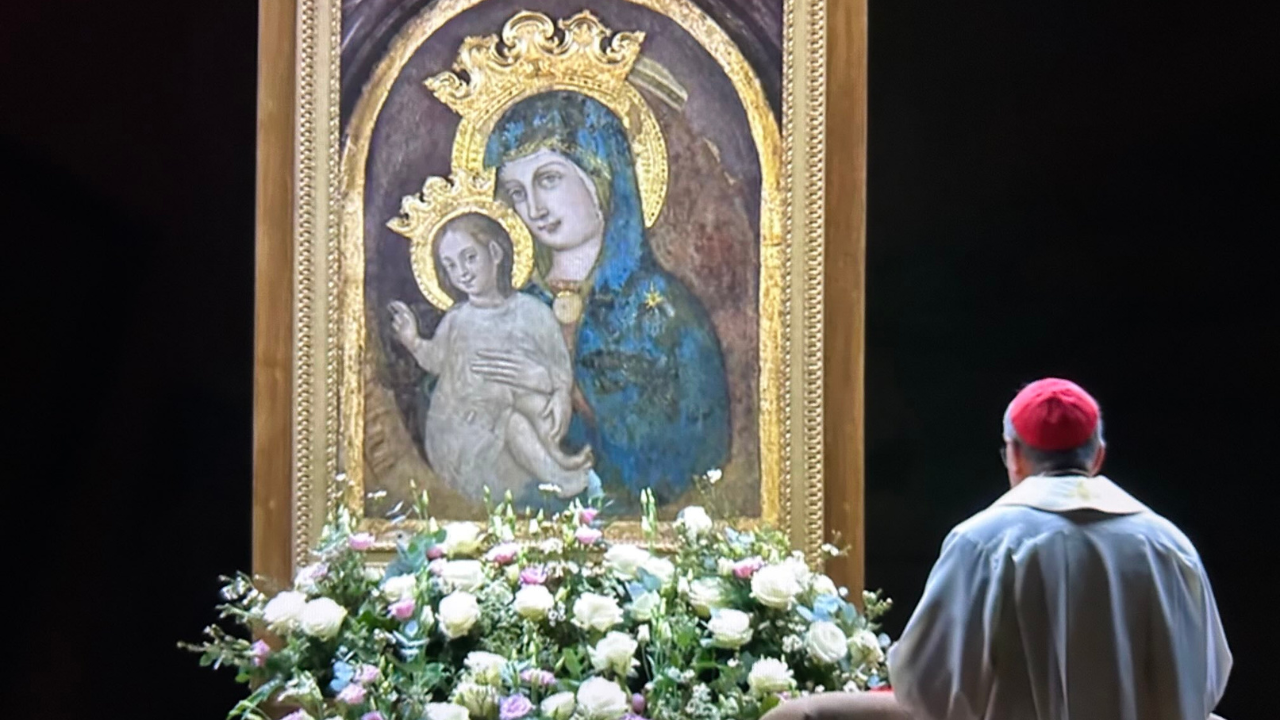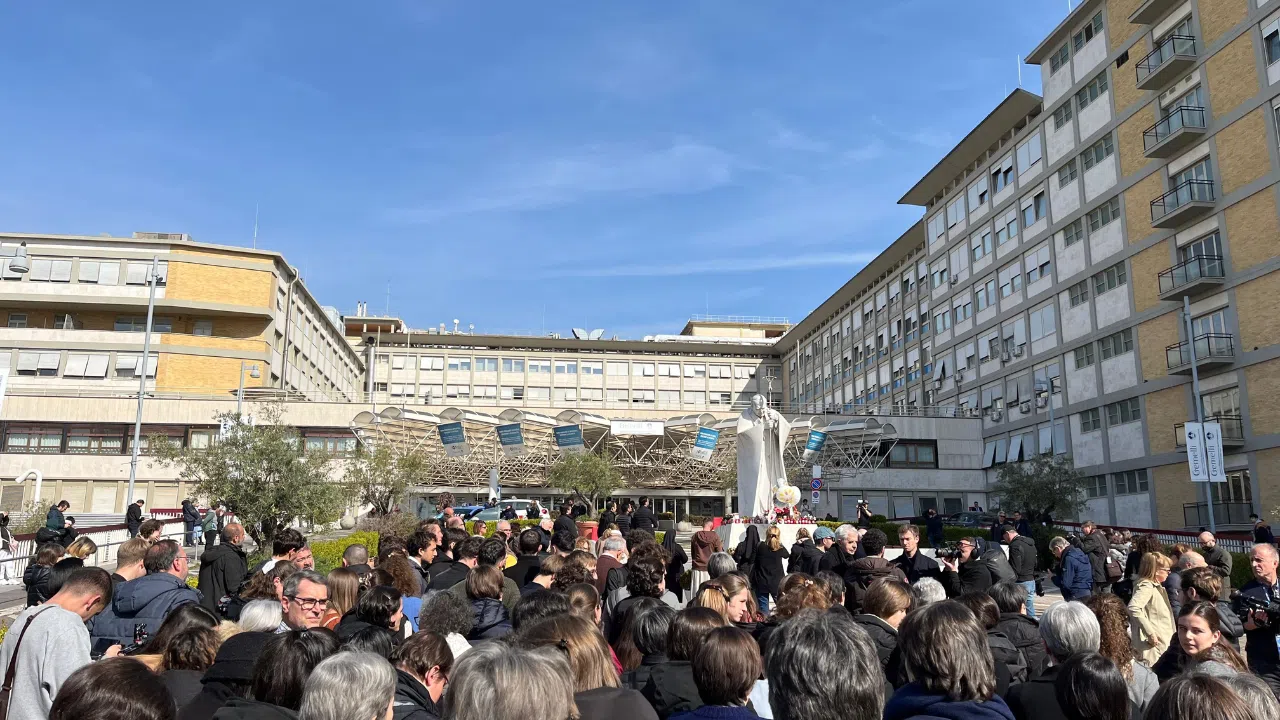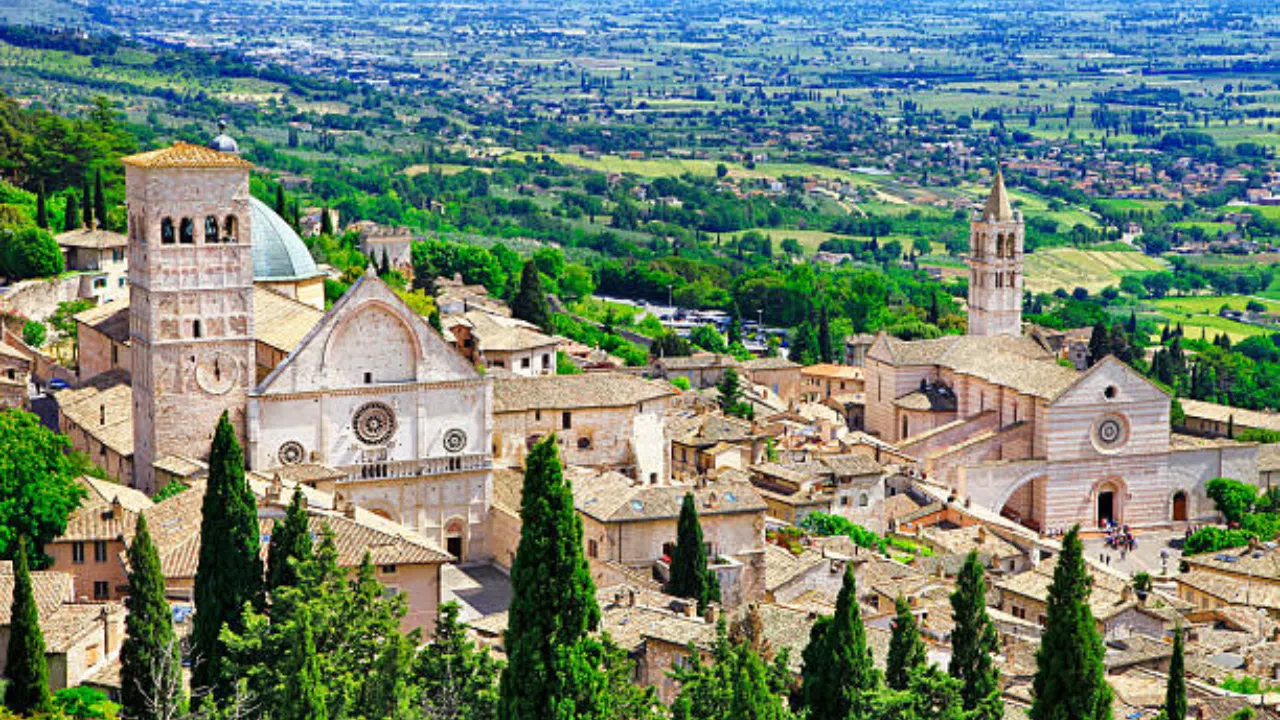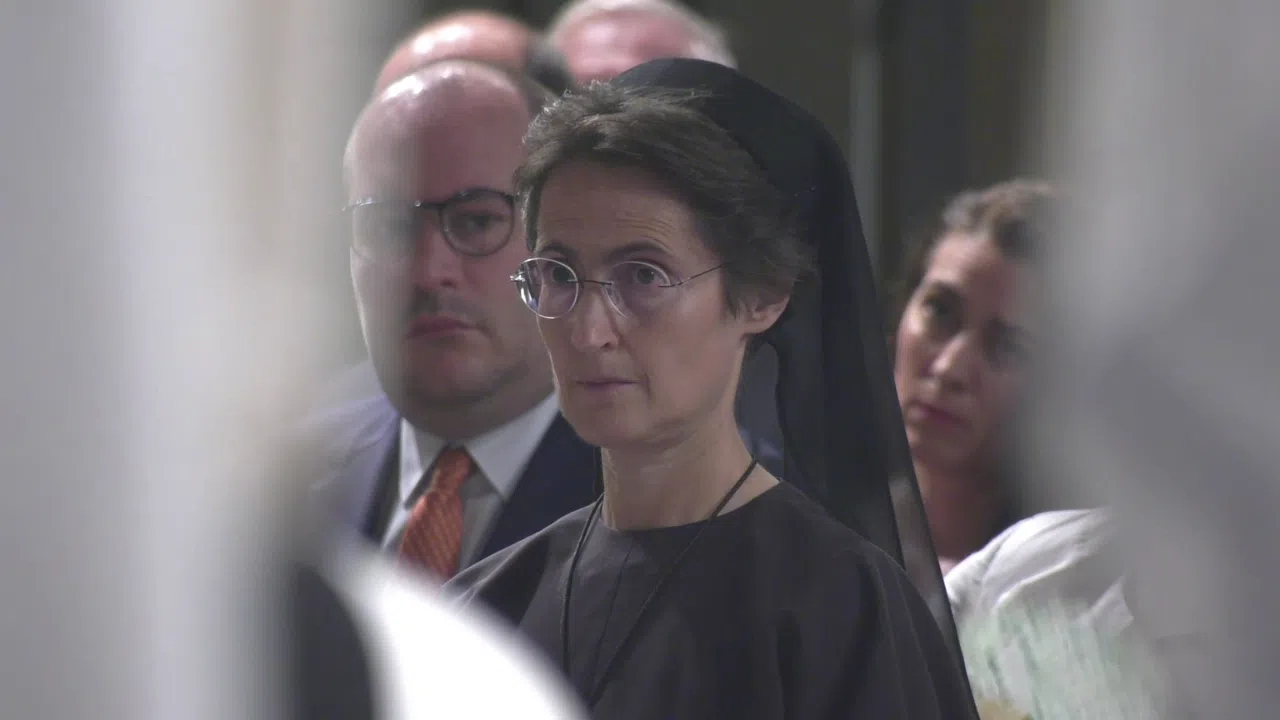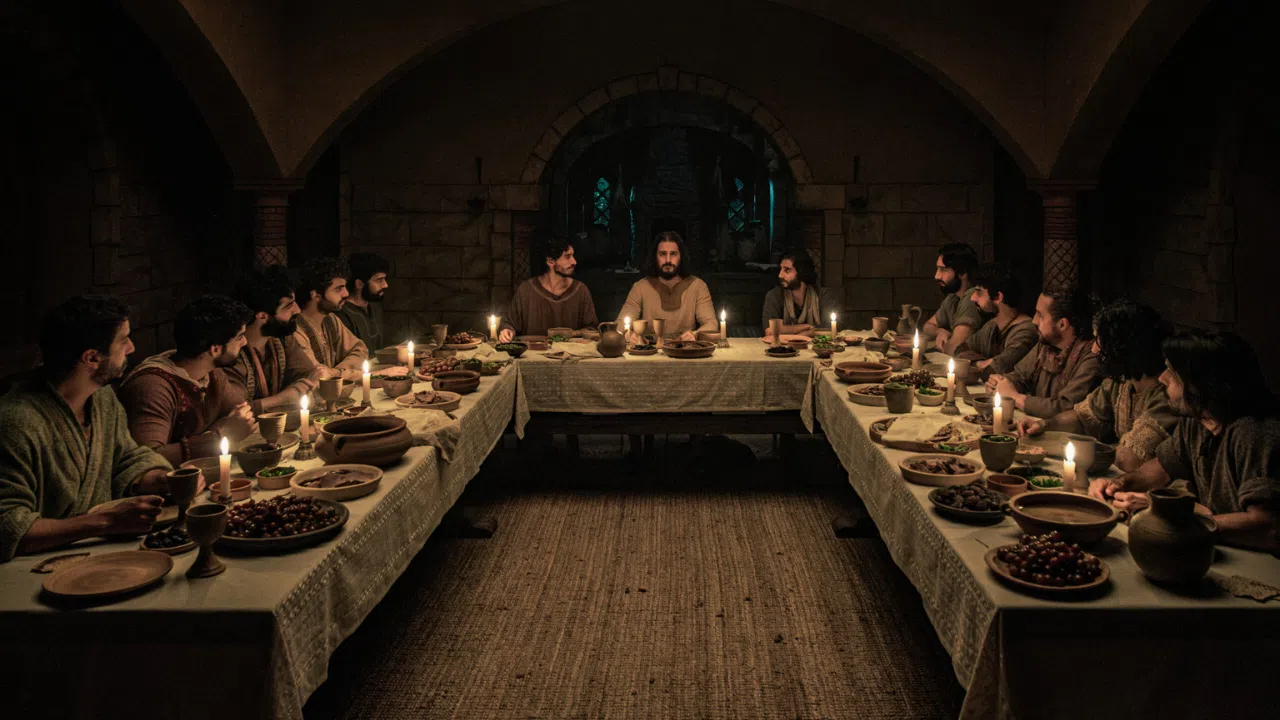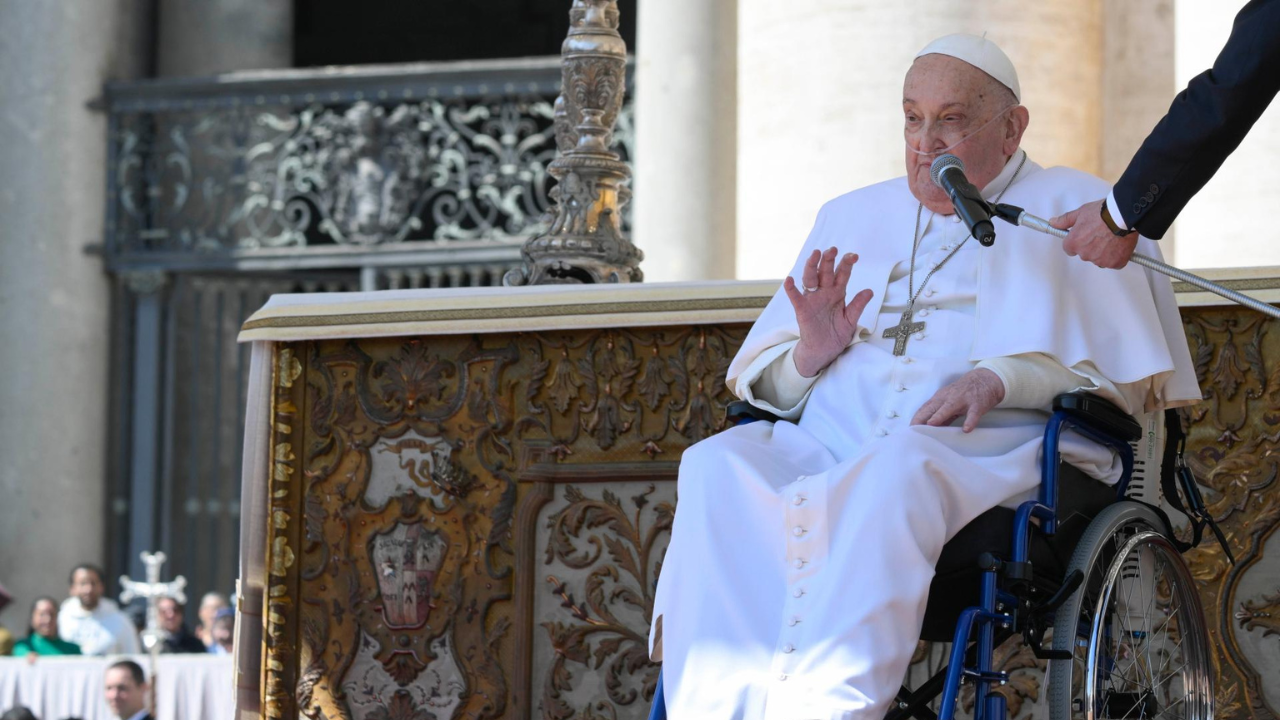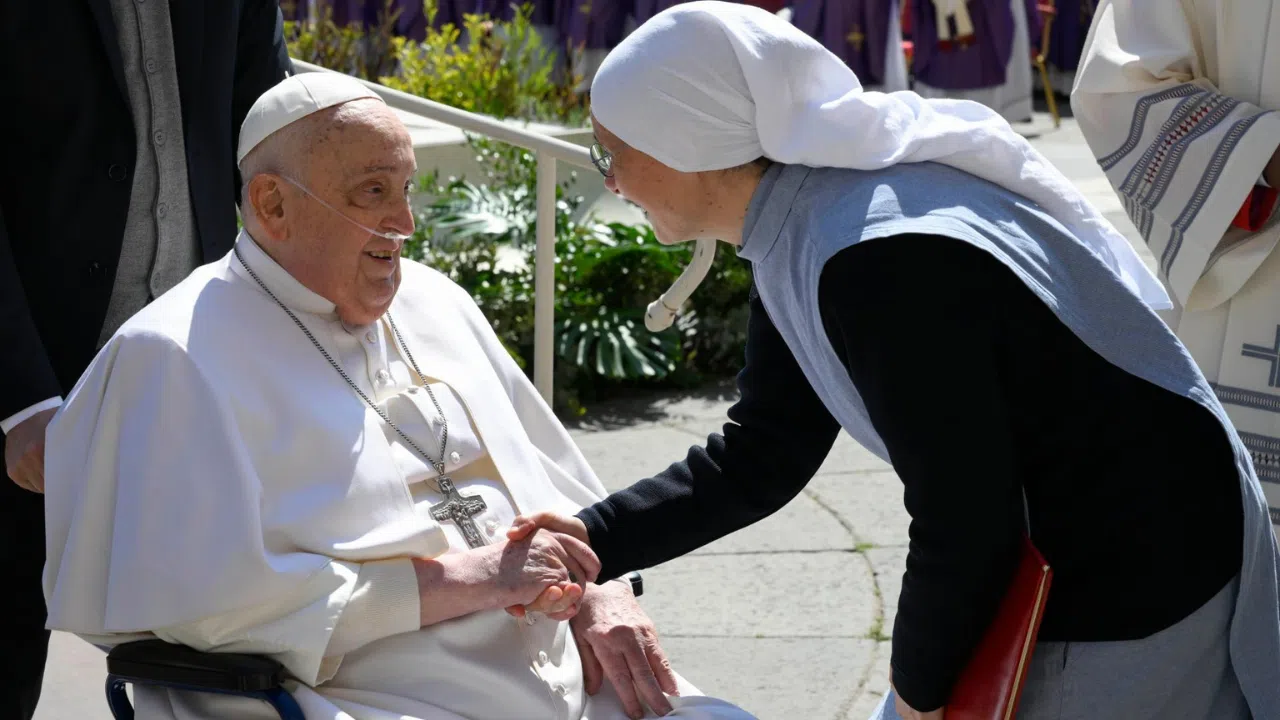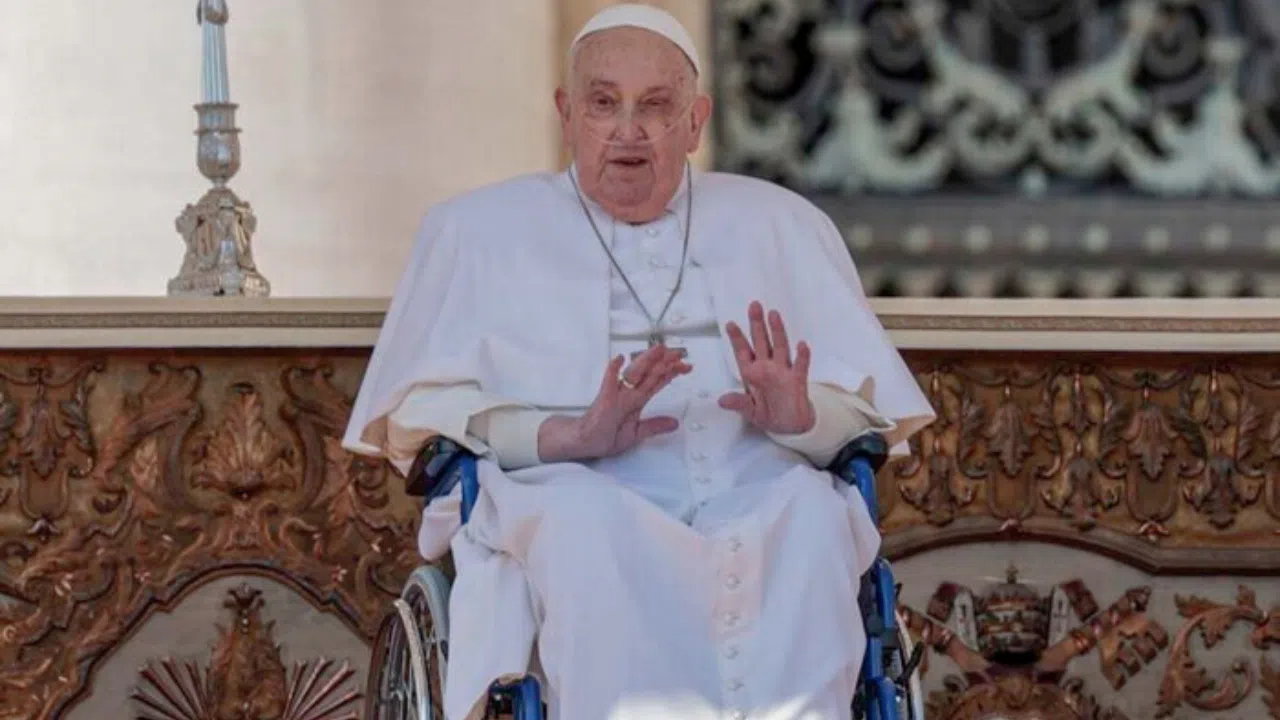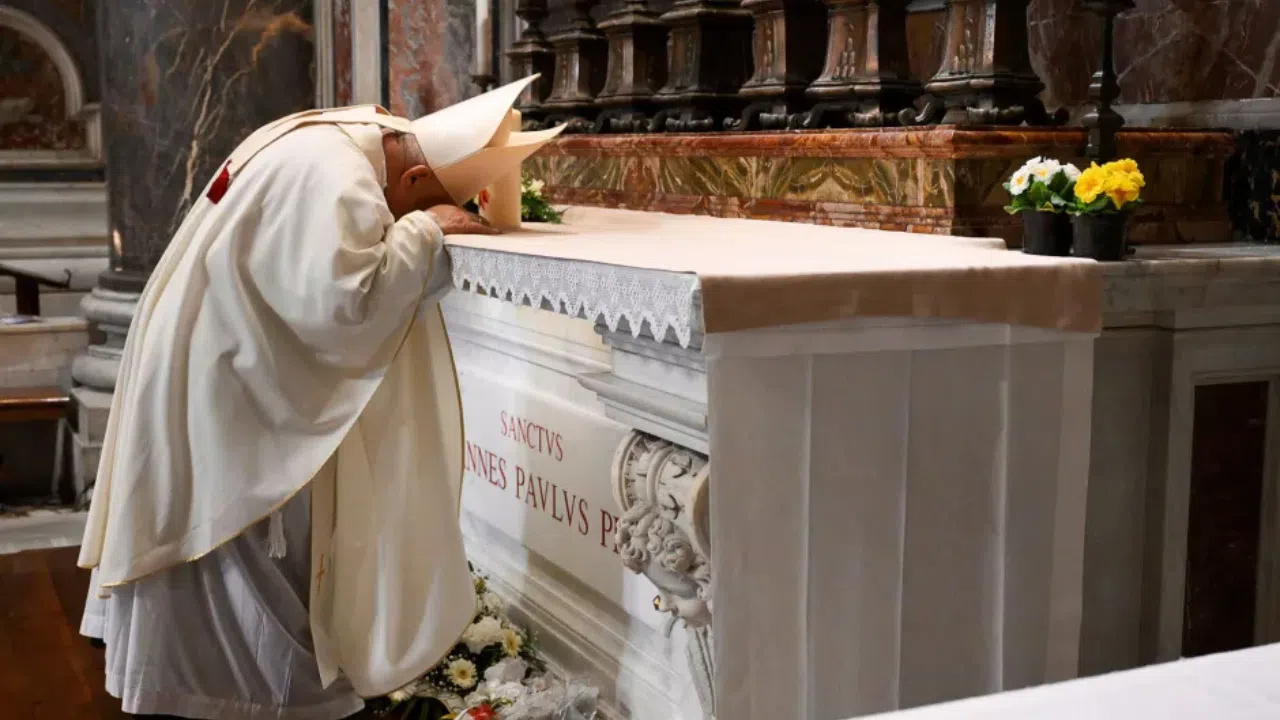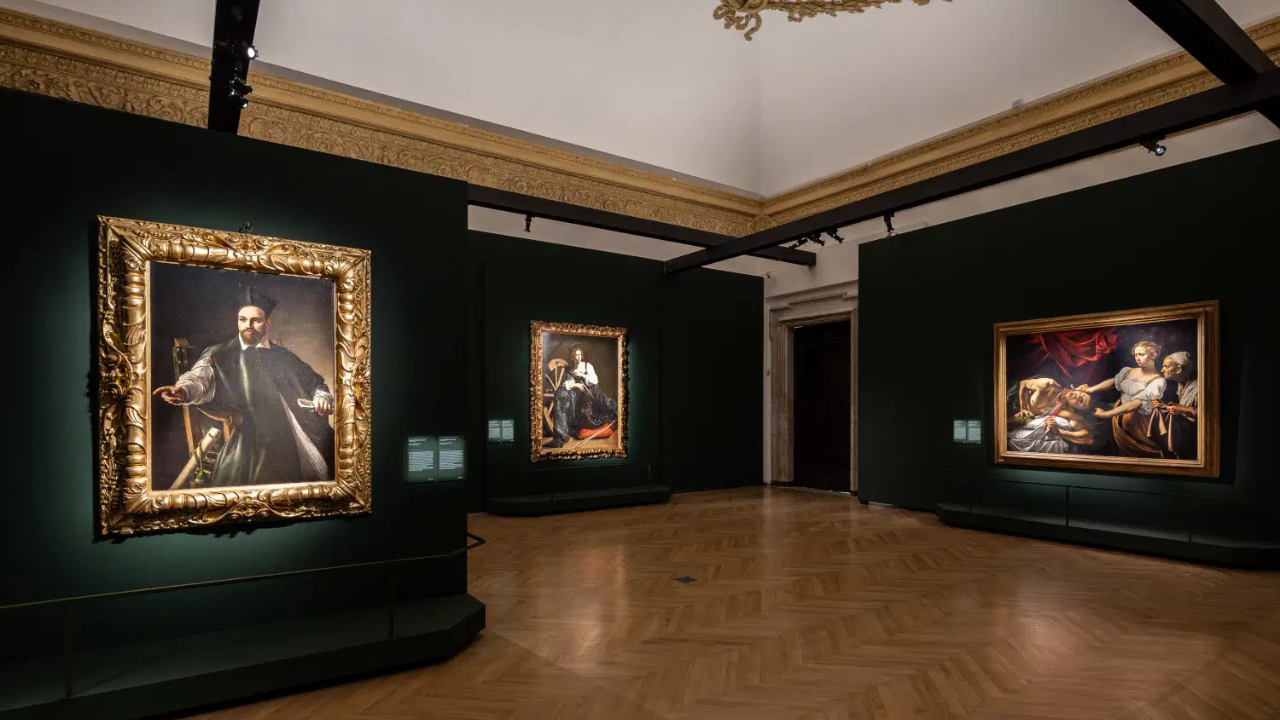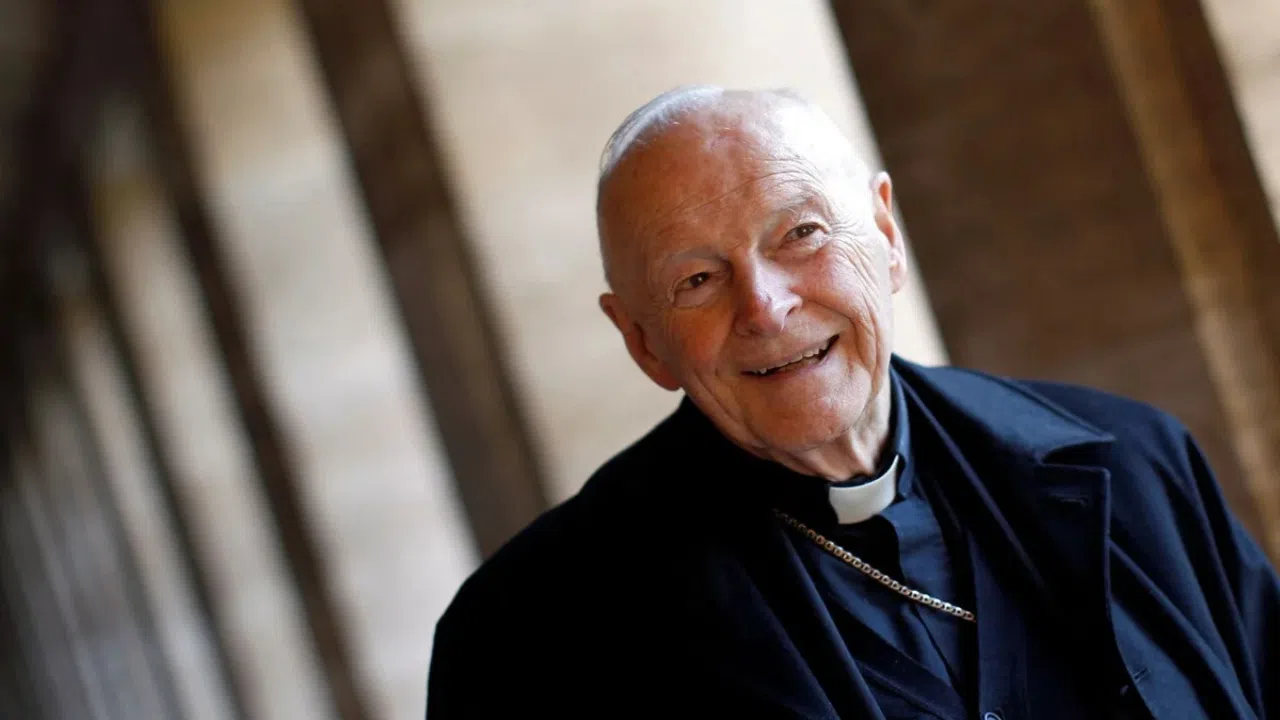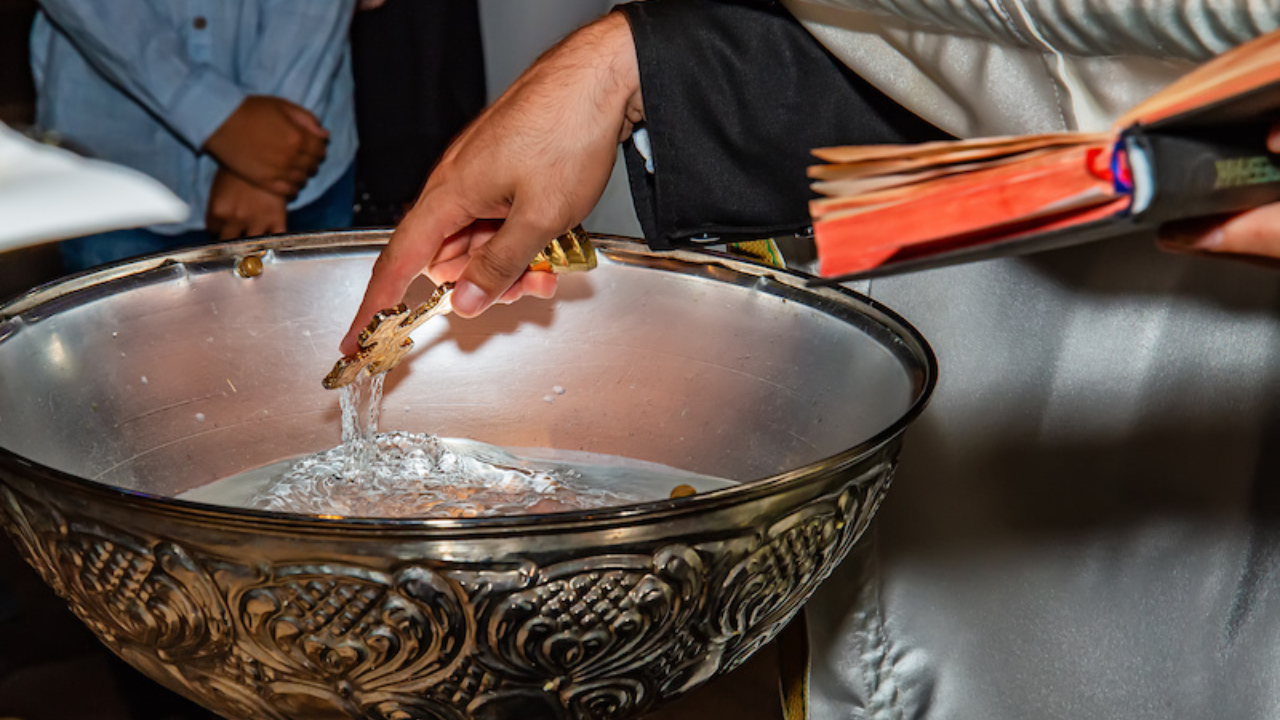The invention of personal prelatures is recent, dating back to the last few decades. Their purpose was to address new pastoral needs.
In particular, there was a need that stood out above the rest: how to organize people with the same spirituality or charism living in different places who want to be united together as a group. The idea was to create a kind of diocese whose jurisdiction is not territorial but personal.
And the person in charge would not necessarily have to be a bishop.
EDUARDO BAURA
Pontifical University of the Holy Cross (Rome)
For example, the faithful who have specific needs for linguistic reasons, such as immigrants or migrants, who move from one place to another, who are not settled in one place for long periods of time and need pastoral care from priests who accompany them.
Currently, the only personal prelature in the Church is Opus Dei, which promotes a personal encounter with God in the everyday actions of life.
Members live the Opus Dei spirituality with a unique feature.
EDUARDO BAURA
Pontifical University of the Holy Cross (Rome)
The faithful belonging to a personal prelature continue to belong and remain faithful to their own diocese where they live.
That is why the prelature helps dioceses because they offer a pastoral service that dioceses find difficult to provide.
But the Church's Code of Canon Law was not explicit on this point. It left it open to each prelature whether or not its members were dependent on the local bishop.
With the motu proprio of August 8, some aspects of personal prelatures have been changed. Firstly, it is explicitly stated that the faithful continue to belong to the diocese in which they live.
Secondly, it establishes that all prelatures will now be similar to public clerical associations of pontifical right.
These associations were born with a strong missionary vocation to go to places where the Church has little presence, and one of their characteristics is that their associates must take Holy Orders. This could generate confusion for Opus Dei, because of its more than 90,000 members, only a little more than 2,000 are priests. The rest are lay people.
For Giuseppe Comotti, an expert in canon law, this situation could lead to putting the emphasis on priests rather than the laity in Opus Dei.
GIUSEPPE COMOTTI
Professor of Canon Law, University of Verona
From my point of view, the space of the laity is limited. Instead of being collaborators in the front line now they become subordinate or almost secondary.
At the same time, he points out that it is important not to jump to conclusions. The motu proprio explicitly states that the prelatures do not take on exactly the same juridical form as clerical public associations. Thus, it leaves room for its own distinctive characteristics, such as the fact that the laity continue to play a leading role.
GIUSEPPE COMOTTI
Professor of Canon Law, University of Verona
In my opinion, there should not be any consequences. We will have to see, when the time comes, what the Holy See decides when it revises the statutes of Opus Dei.
As of 2022 and at the request of Pope Francis, Opus Dei is also revising its statutes. In a statement, the institution indicated that it would study the changes in the prelature introduced by the Pope. Once Opus Dei finishes modifying its statutes, the next step will be to wait for the Vatican's approval.
JRB
TR: KG
